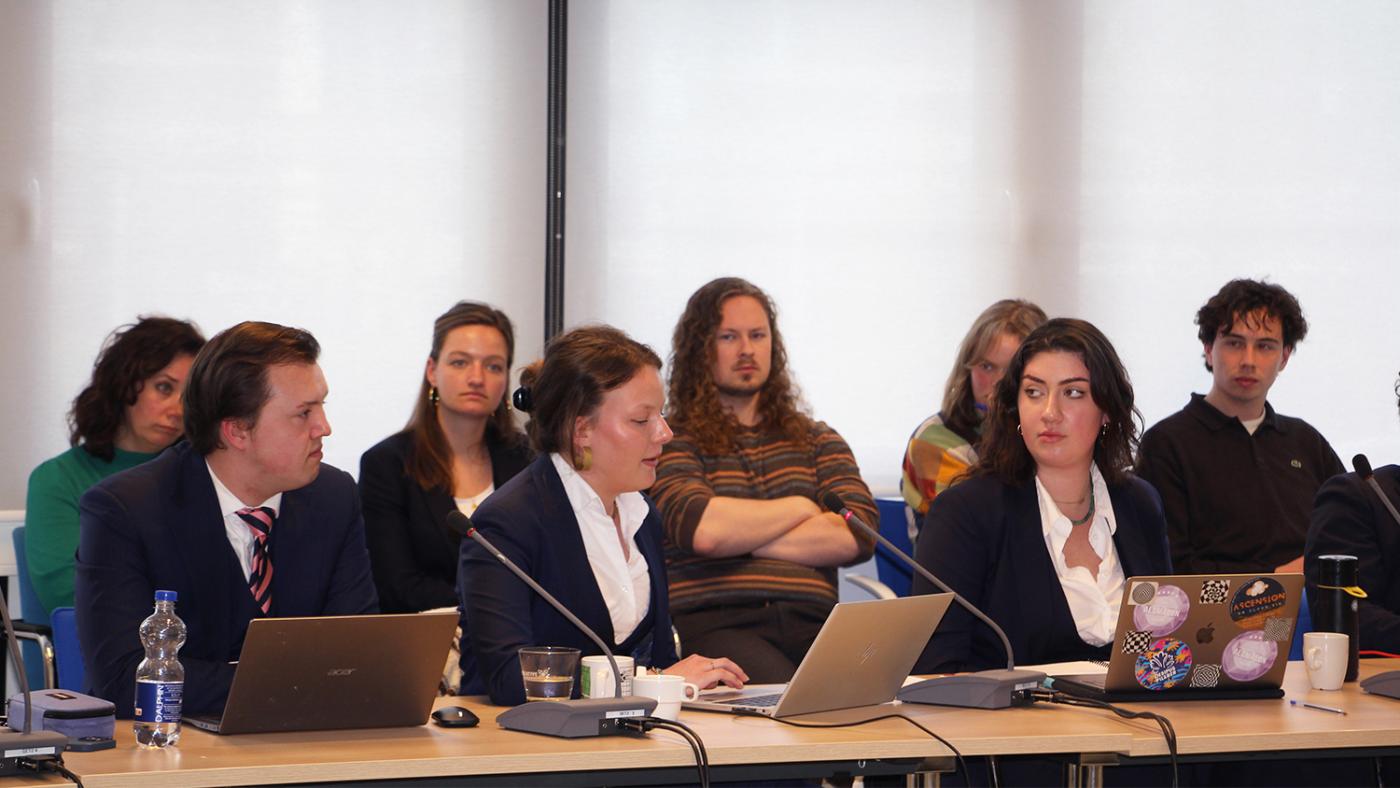UU Council has many objections
Distribution system for board grants back to the drawing board

The Executive Board wasn't expecting to receive a request for a postponement because there seemed to be no insurmountable objections to the new distribution system in a committee meeting held on April 8. However, perceptions have changed since then. The student representatives spoke with various student organisations, which helped them identify significant disadvantages.
The new distribution system has been two years in the making. Utrecht student organisations find the current system non-transparent, complex and labour-intensive. The amount of money they receive is based on factors like the number of members, the number and type of activities organised, and how many people attended the activities.
Utrecht University (UU) and the Utrecht University of Applied Sciences (HU) came up with a new model in an attempt to be more transparent. In the new policy, only two criteria are taken into account: the number of members and whether or not the association has a building. The University Council of the Utrecht University of Applied Sciences (HSR) approved the new framework last week.
Membership
Helen van Roij (PvdUS) asked for the vote to be postponed. Student members from the Vuur party were also in favour of a postponement due to concerns. Although they are "pleased" with the introduction of a new framework, they still had "a hard time with several points". The party does not agree with only taking the number of members into account because that doesn't consider the amount of work board members have. Moreover, Van Roij estimates the universities would be spending 30,000 euros less on basic subsidies than it does now. This was not mentioned in the university's memorandum.
Stan Janse, also from PvdUS, explains the objection further: “The number of members is very important, but the workload differed depending on the association. Many medium-sized associations would deteriorate rapidly if we were to adopt the new framework. They would be going through major shifts in terms of board grants." The student member thinks the allocation would be fairer if it were more "nuanced."
Surprised
Rector Henk Kummeling was surprised by the students' change of heart. He wants to hear the student representatives' questions and objections about the new distribution model in more detail, as well as what they would like to change about it.
The Executive Board intends to decide on this matter before the summer break because the new model must be introduced in the 2025-2026 academic year. Otherwise, the current model will remain in effect. According to the rector, the basic subsidy reduction is relatively easy to solve. “If it is about 30,000 euros, we will work it out.”
The student members could not say yet which criteria should be included in a new system, but they promised to come up with a plan soon.
Much less and much more
Previous research by DUB on the consequences of the new distribution model showed that most associations would be getting more money. However, seven student associations, such as SIB, the one for international relations SIB, would receive significantly fewer administrative grants and basic subsidies. Meanwhile, certain associations, including Utrecht Student Corps (USC), infamous for the recent 'slut list' scandal, would get considerably more.
The chairs of several affected associations were present at the meeting. They are relieved that the vote has been postponed and that the distribution model can still be tinkered with, as a change would cost them thousands of euros.
Student union Vidius is equally pleased that “the Executive Board is willing to reconsider the current framework,” says secretary Levi Verbeek, who followed the meeting. “We still identify several fundamental points that have not been addressed yet, such as the choice to consider nothing but the number of members. Umbrella organisations that have no members are not offered clarity in this regard.”